Big Bets
Some unintended consequences of Very Big Checks, and some ways to make this much-needed approach work better for all concerned.

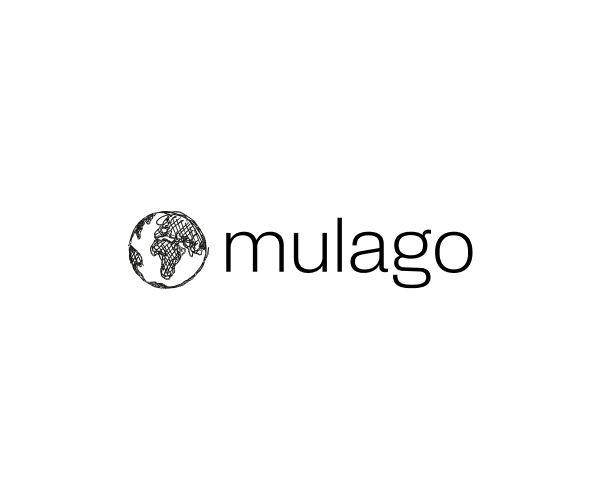
Big Bet Bummer
Kevin came back from this year's Skoll Foundation World Forum with tales of anxiety and exasperation around “Big Bet Philanthropy.” His latest piece in Stanford Social Innovation Review lays out some unintended consequences of these Very Big Checks, and suggests some ways to make this much-needed approach work better for all concerned.
Stanford Social Innovation Review
Big Bets For The Long Haul
Speaking of Big Bets, we really liked this SSIR piece by Matthew Forti and Claire McGuinness of One Acre Fund. They make the crucial point that long-term philanthropy is the social sector analog of private equity, and argue powerfully that Big Bet funders should:
- Fund long-term based on a compelling strategy for scale
- Recruit other big funders for follow-on funding
- Be flexible when reality intrudes on strategy
For us, though, the most important point they make is that Big Bet funding should go beyond organizational and program delivery growth and focus on strategies that will drive exponential scale.
Stanford Social Innovation Review

Why Is Improving Agricultural Productivity Crucial To Ending Global Hunger And Protecting The World’s Wildlife?
The Mulago crew just returned from palm oil country in Sumatra. Indonesia has cleared the equivalent of 37 million football fields of forest to make way for oil palm, and demand still exceeds supply. If we want to prevent forest clearing, we need to make existing farms more productive. In this article, Max Roser shows how increased agricultural productivity is a critical piece of the conservation puzzle.
How To Run A Coalition
The Community Health Impact Coalition (CHIC) is the coolest and most effective doer coalition we’ve seen. It’s worth reading their whole piece on how to make a coalition shine, but as an original and ongoing supporter, we see four essential things they did that should guide other coalitions:
- They rallied around a specific solution, namely professionalized community health workers.
- They formulated a finite set of explicit principles to define that solution—if you want to join CHIC, you’re signing on to those principals.
- They are practitioner-governed to make sure the coalition stays on point.
- They are super clear on what the coalition is for, namely a platform to 1) share best practices, 2) coordinate a research agenda, 3) mobilize big funding, and 4) lobby for crucial policy changes.
Community Health Impact Coalition

Fear Of Flying
We’ve noticed a lot of “flying is bad, don’t travel” posts of late. Kevin admires the spirit, but thinks that the climate cost/benefit equation is more nuanced. Here’s his mini-rant on why and when people traveling in service of making the world a better place can leave the guilt at home.
Smallholder Agriculture Insurance Hits The Big Time
The average farm size in Africa is about 0.6 hectares. To make anything close to a decent living, smallholders need to invest in things like better seeds and fertilizer. One big reason they don’t is that increased investment makes a crop failure that much more ruinous. Pula is a Kenyan company founded to get agricultural insurance to smallholders to mitigate risk and encourage investment. Co-founder Rose Goslinga was a Rainer Arnhold Fellow with Mulago in 2012 and we invested in Pula in 2013. 15 million smallholder clients later, they’ve successfully raised $20 million in a Series B round. That level of investment represents a watershed moment for a critical contribution to smallholder prosperity.
Crappy Funding Practices
Every funder should follow this LinkedIn page. We check in often to make sure we’re not doing any of this stuff and—if we’re honest—to bathe in a little schadenfreude as offenders get outed. Having admitted that, we’ll need to be that much more vigilant around our own behavior.
New Additions To Our Portfolio
We’ve added 6 new remarkable organizations to our portfolio. We’re betting on them taking their solutions to scale. You should too.
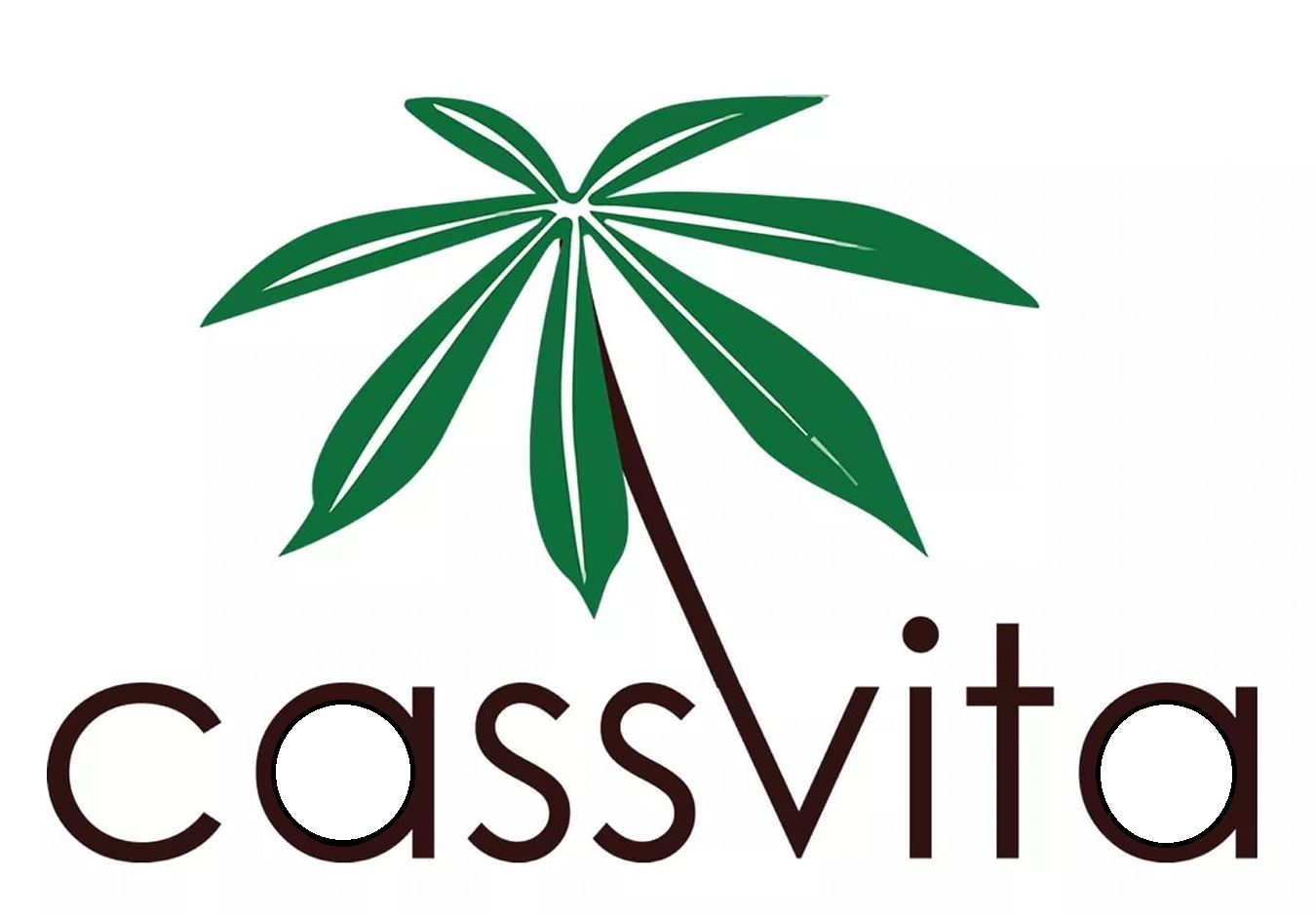
Cassava is a wonder crop — it’s climate resilient, soil replenishing, nutritious, indigenous to the tropics, and gluten free. But the problem is it rots quickly. Cassvita has developed a simple treatment that extends cassava’s shelf life to 18 months. If their method becomes the ubiquitous way to farm cassava, this could provide a big income boost to cassava farmers all over Africa.
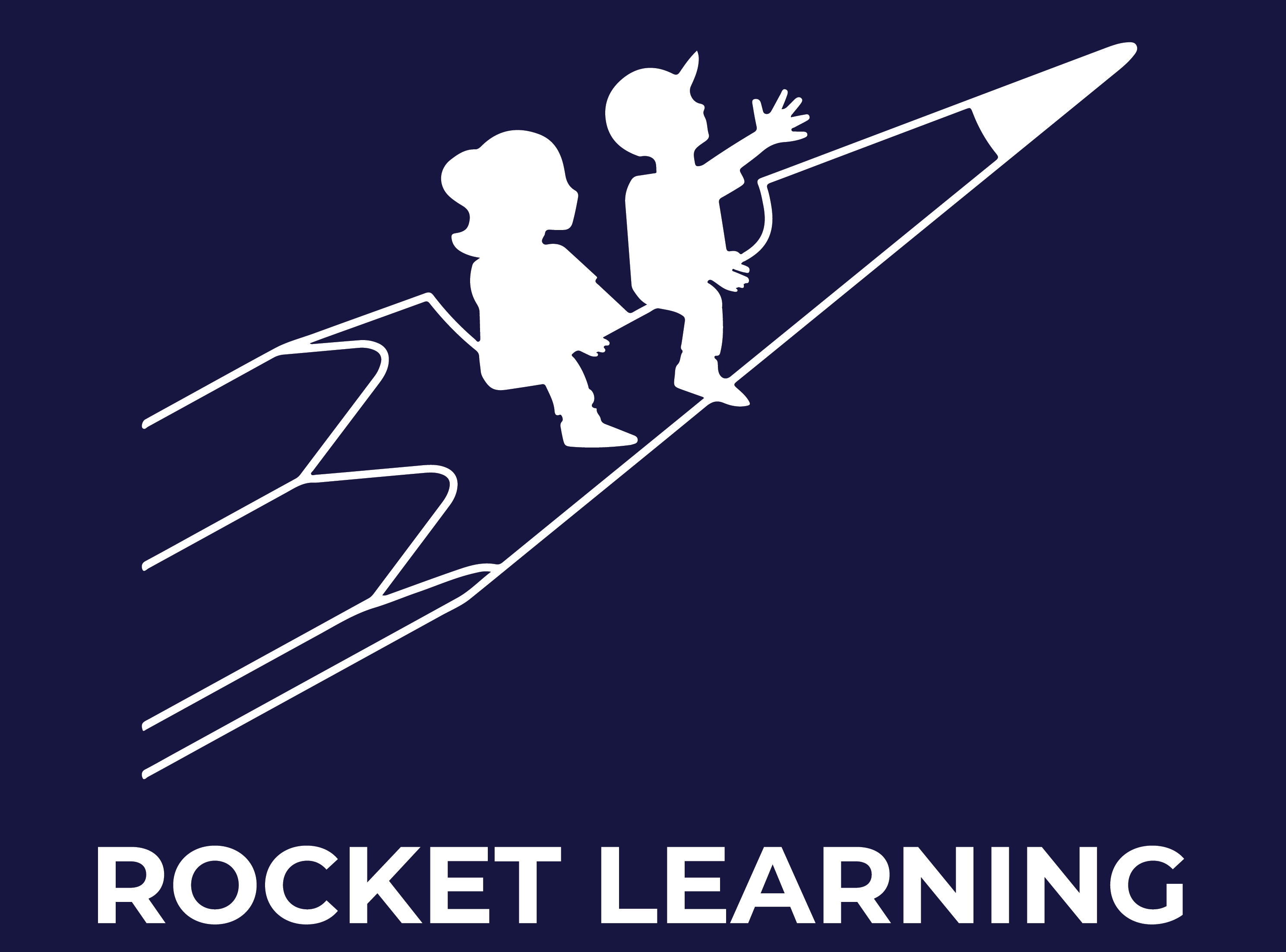
Early learning plays a huge role in future success. Parents can do a lot to stack the deck. In India, Rocket Learning has a light-touch, phone-based approach to help. They create “bite-sized” videos that demonstrate quick, doable, fun activities that drive effective learning and deliver them via WhatsApp to parents (and, to further stack the deck, to government daycare workers).
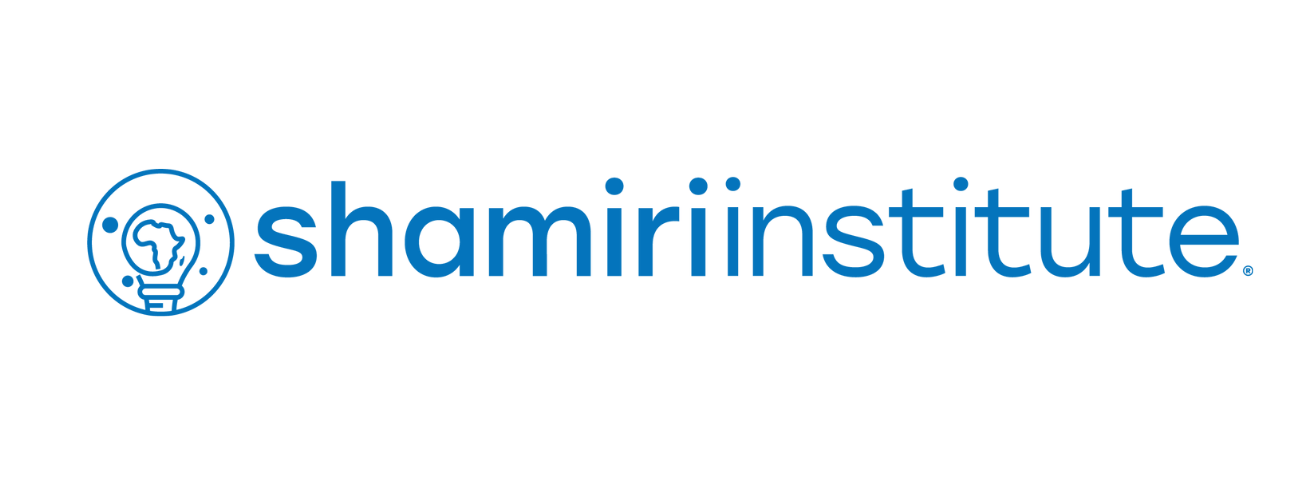
Many adolescents in Africa (everywhere, really) struggle with mental health, but they often have nowhere to turn. Shamiri Institute has developed an effective, low-cost solution: Tap into the power of peers. Their school-based, group intervention is delivered by recent high school graduates and helps high schoolers build resilience to tackle the everyday stressors of poverty and improve their mental health.

Structured play is a great way for kids to acquire crucial cognitive, social, and emotional skills from a very young age. In South Africa, SmartStart has taken on the entwined challenges of early learning and quality daycare. They train and equip women to run play-based early learning centers in homes and community spaces, and in the process provide daycare for working parents.
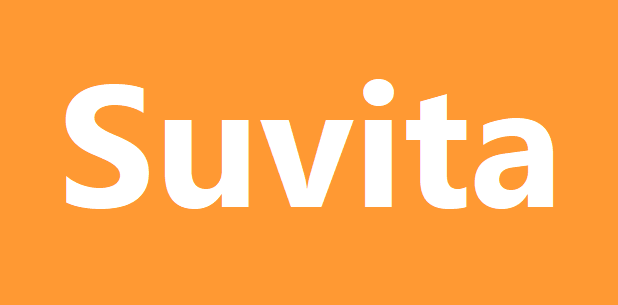
India still struggles to get kids fully vaccinated. Suvita taps into the power of village influencers to finish the job. Every community has its influencers—the ones in the know about everyone and everything, the ones who serve as crucial information nodes. Suvita leverages these influencers to reach parents and ensure kids get vaccinated.
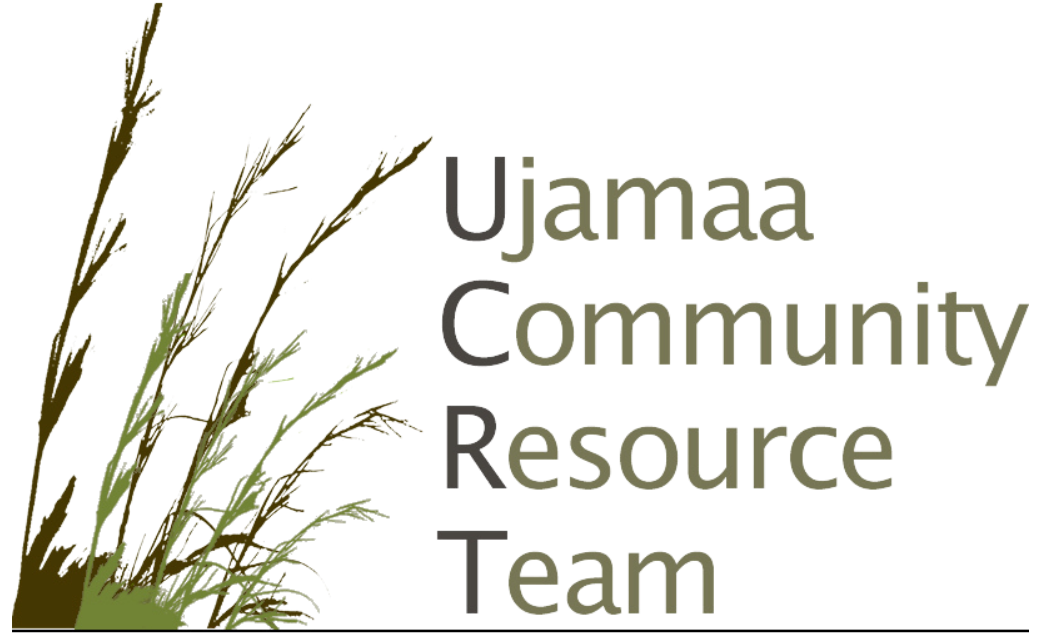
Land is life and freedom for hundreds of thousands of indigenous pastoralists and hunter-gatherers in Tanzania, but it’s under constant threat from economic and political interests. Ujamaa Community Resource Team (UCRT) pioneered a community-driven approach to formally secure, manage, and protect land in a way that sustains and improves people’s ability to make a living from it.
And Finally…

Sign up for future editions of Mulago's Links below.
Impact in your inbox
The best stuff we run into, straight to your inbox. Zero spam, promise. To see past issues, click here.

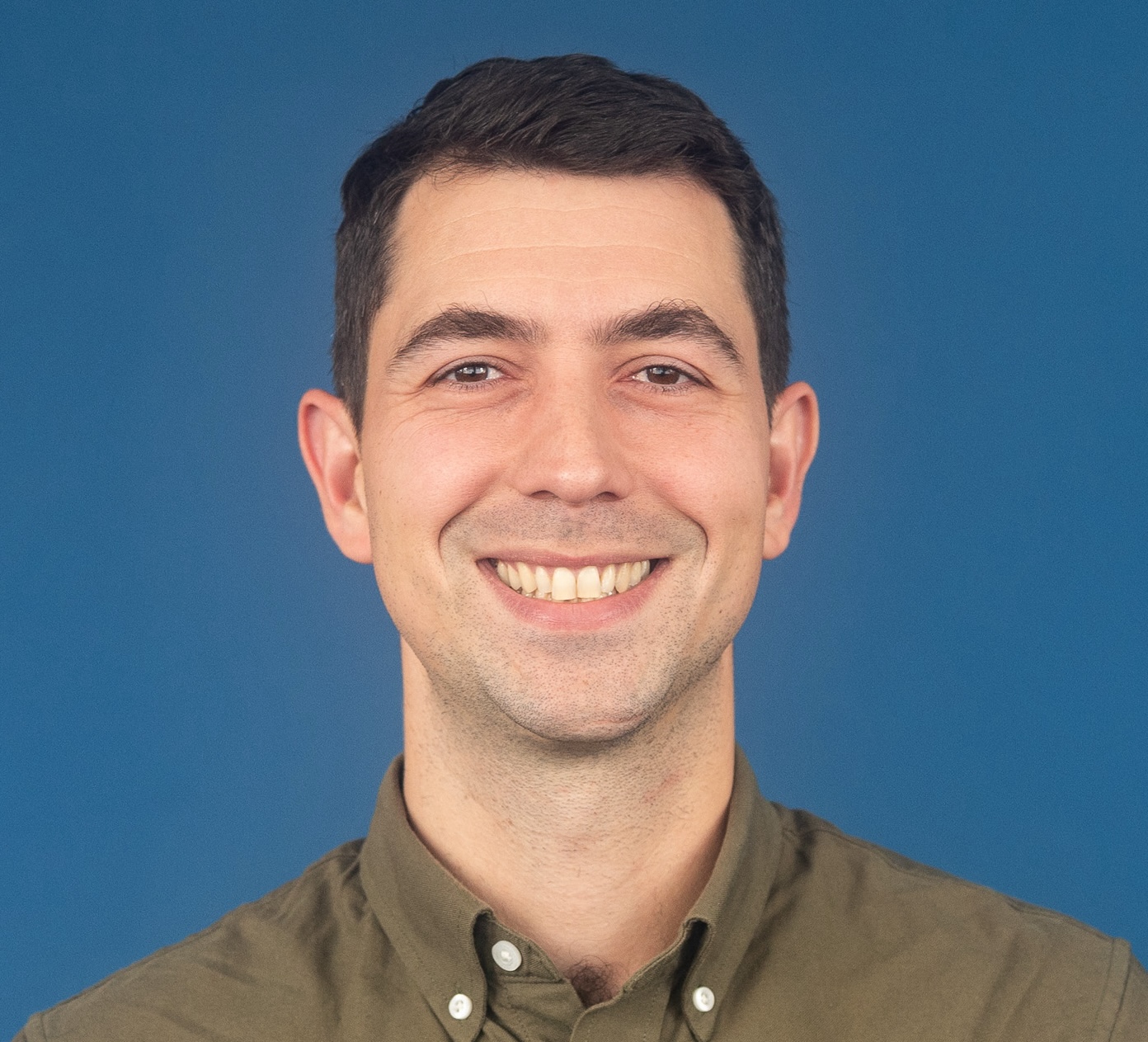

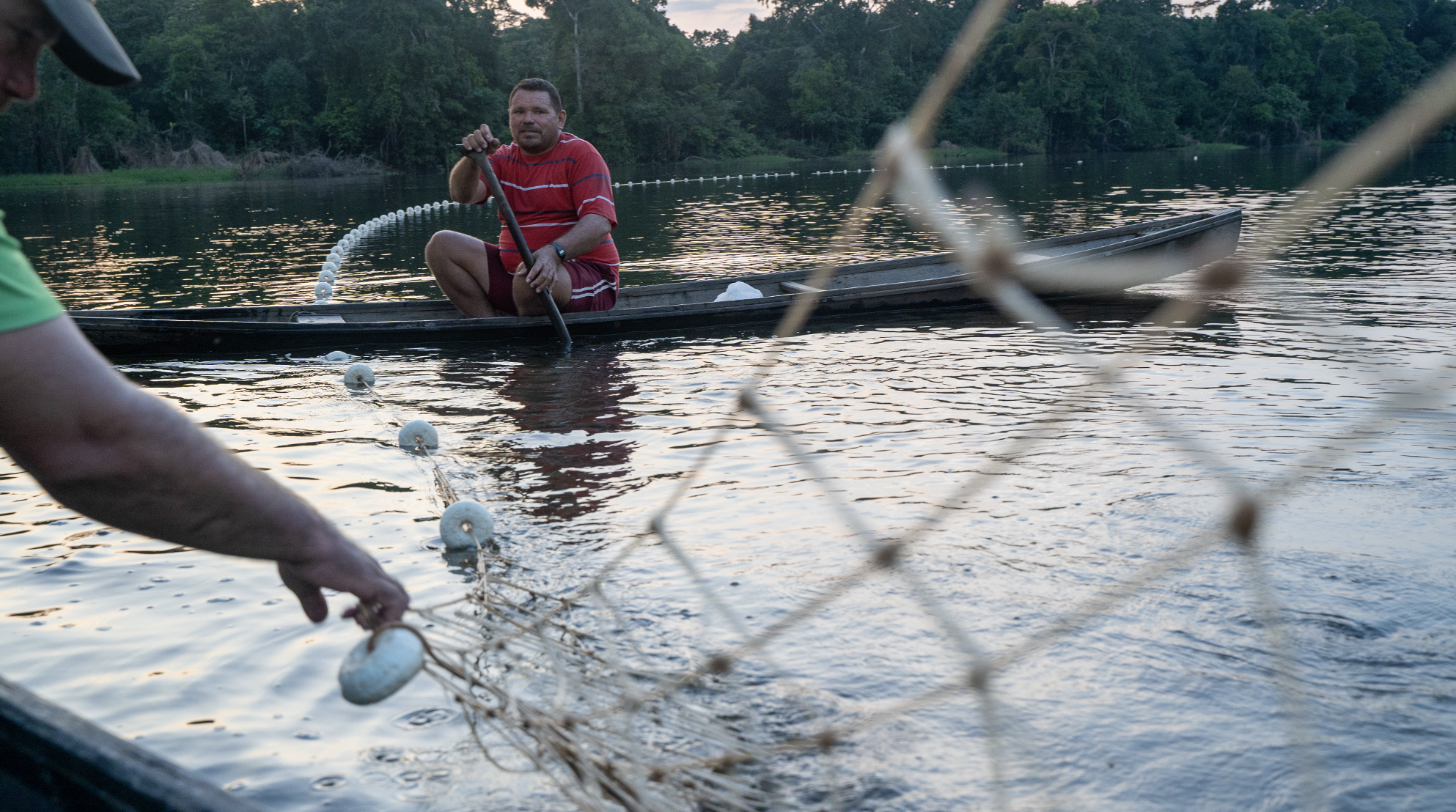
.png)